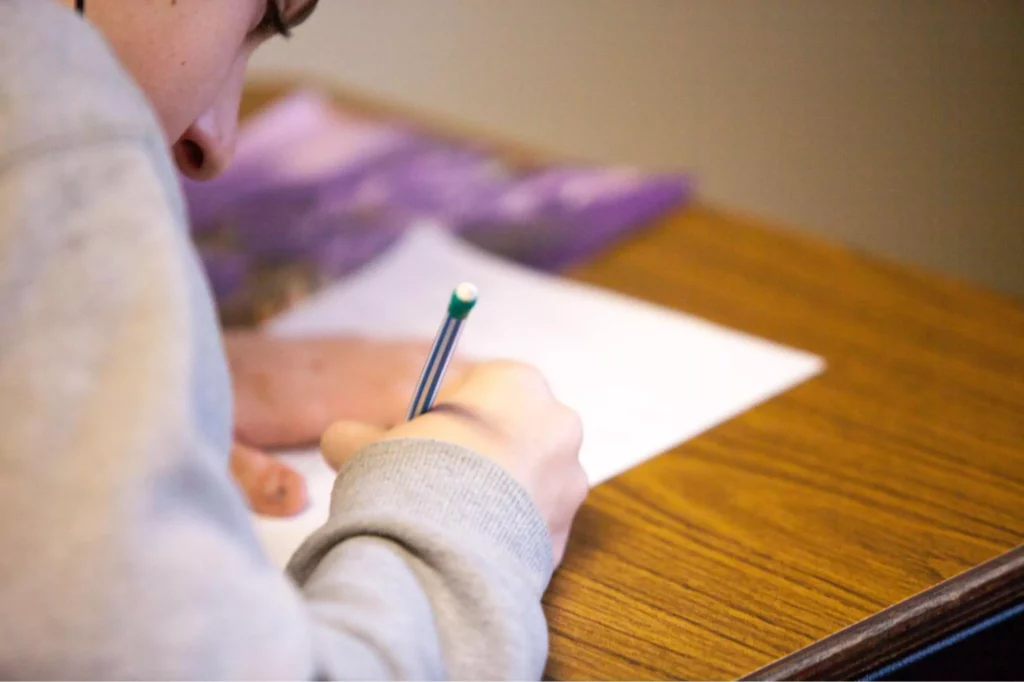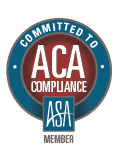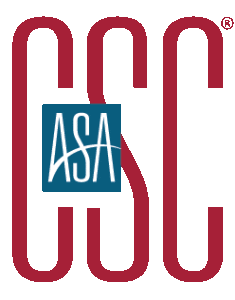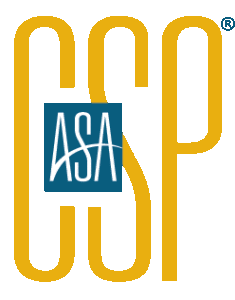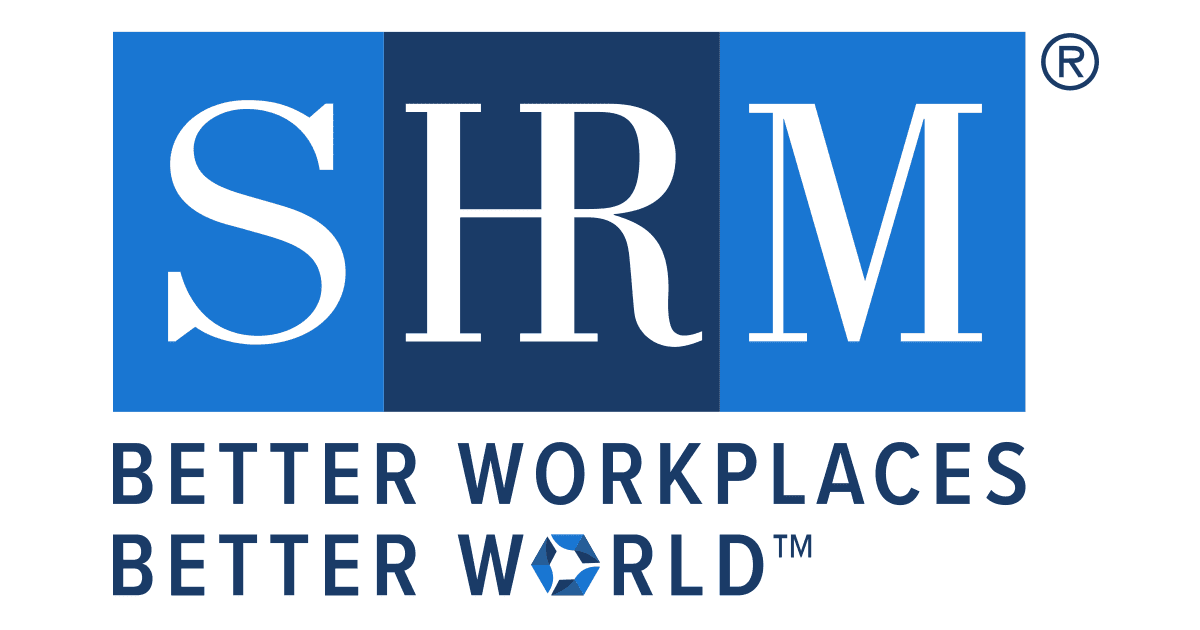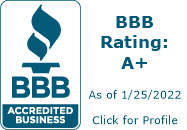Last updated on March 30, 2022
Are you just starting your career? Or looking to change jobs or industries? Taking a career aptitude test might give you some additional insight on where your strengths and weaknesses lie. A career aptitude test can help to narrow down your choices of career to what might be the most interesting or well suited positions.
Here are our top 5 reasons a career aptitude test might be worth a try.
1. You learn more about yourself. Through a career aptitude test, you get to know about your skills, strengths and weaknesses. This can allow you to explore different careers that you might be particularly suited for.
2. You discover traits you never knew you had. Career aptitude tests can help you find new talents and skills that you weren’t aware of before. You can use these new discoveries to enjoy life better, both in terms of career and leisure.
3. Career aptitude tests provide ways for you to work on your weaknesses. Everyone has weaknesses, but we may not realize where those weak points are. These tests enable you to identify areas of improvement, and work to manage or eliminate them.
4. It gives you a variety of options. Everyone wants their “dream job,” but the idea of an aptitude test is to expose you to various career opportunities; possibly some that you haven’t even considered. These tests are intended to be a guide and not to limit your options.
5. Career aptitude tests can be a great jumping off point for discovering careers that you want to learn more about. You can further explore through additional research on an industry, informational interviews or even an internship.
There are both free and paid versions of career aptitude tests, so be sure to check before starting the test. Also, be aware that not all tests are created equal, it would be beneficial to read up on the particular test before diving in. This is a more comprehensive list of tests to choose from. From the Princeton Review to Myers-Briggs, try out a couple tests and see if they provide you with some personal or career insight.


